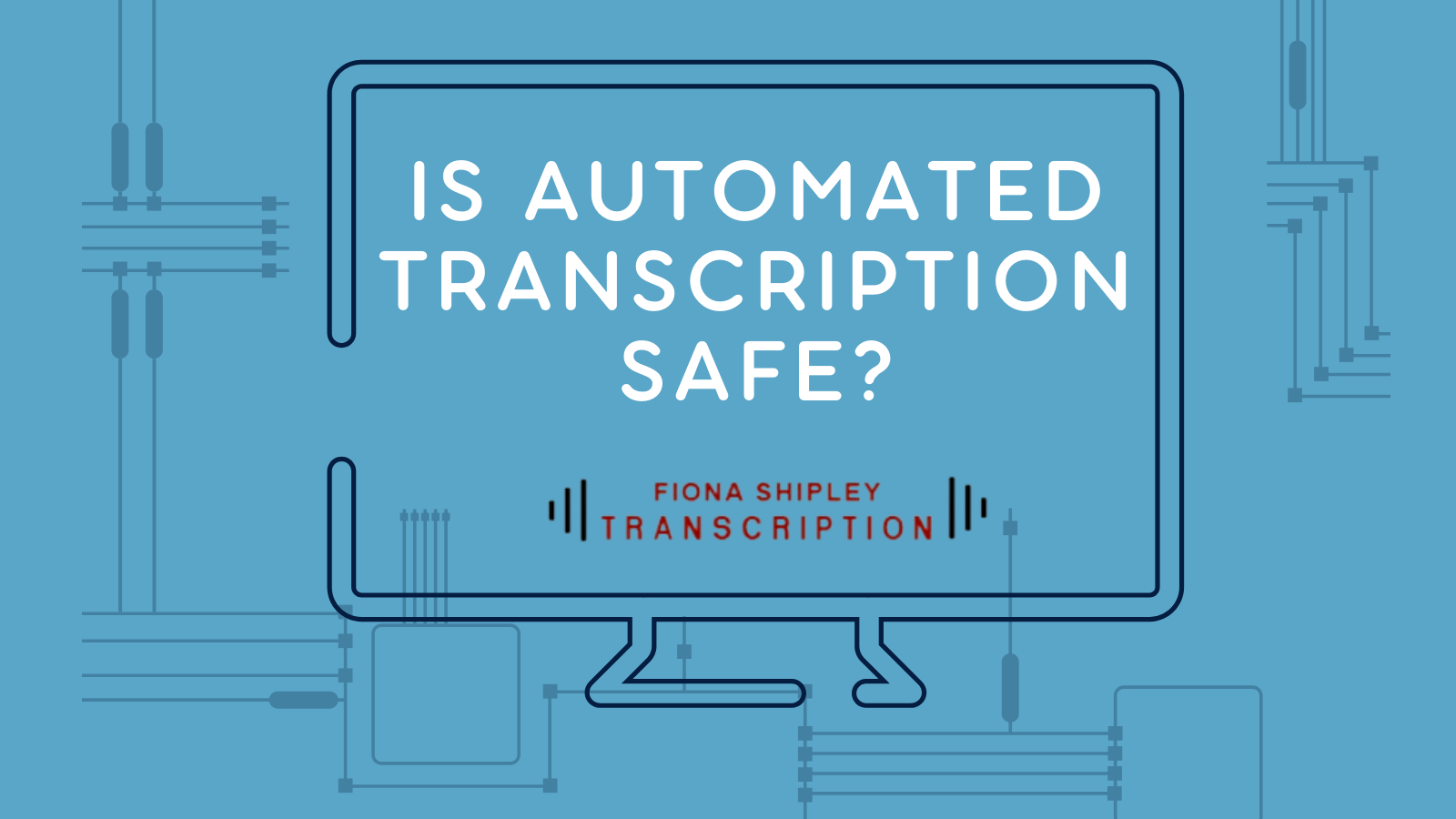It’s the stuff of nightmares… when sensitive information somehow ends up where it shouldn’t.
And when we came across this article that relates specifically to the Otter.ai transcription service and being able to maintain total confidentiality, we had to sit up and take note.
Sensitive information should be confidential… shouldn’t it?
Let’s take a look at what happened…
A journalist conducted an interview with a human rights activist with whom they needed to keep their communication confidential as the interviewee could be a target of surveillance from the Chinese government. They used Otter to record the call — and were stunned to receive a message from Otter the very next day asking about the purpose of the conversation…
This was clearly concerning for everyone involved and the journalist endeavoured to find out what had happened. The journey led to questions around Otter’s privacy policy, particularly around how it shares some information with third parties.
It’s a wake up call. Should cloud services be used at all when extremely sensitive information is involved? Or is this further evidence that alternatives like apps that use on-device transcription or offline recorders are the only way to go?
In-person recording with Fiona Shipley
Much goes on behind the scenes in the transcription process but when it comes to sensitive information, we understand just how important confidentiality is to all of our clients. Most of our recordings are not held in the public domain and therefore all of our transcribers are asked to sign a confidentiality agreement with us before they begin working for us.
The majority of work that we receive at Fiona Shipley comes to us as sound files sent directly to us by our clients. Transcripts are then produced in a word document within an agreed timeframe and format.
But beyond this, one of the important services we offer is to record an interview, meeting or presentation using our own recording equipment. When we do this there are no third party services involved in hosting the transcription. We are able to record onto our own sound files and create the transcription directly from there. This therefore removes the associated risks mentioned in the verge.com article.
Using our own equipment also means that the quality of the recording is much better – without a quality recording, the transcription process can be much slower which can affect the turnaround time. This is because the transcriber might need many more attempts to decipher what is being said, and will need to replay the recording multiple times to make sense of words or phrases that they’ve missed when listening the first time around.
Issues that can affect the quality of the recording are:
- Use of equipment that isn’t specialised for purpose. We’ve encountered many occasions where a client has thought that simply placing a smartphone on the table will deliver an acceptable recording!
- Distance from the equipment. The further the speaker is away from the microphone the quieter the recording level will be. And when there are multiple speakers involved, things can become even more confused or unclear.
- Background noise. This can be anything from shuffling papers to people mumbling, noise within the room from air conditioning or fans or even noise from outside the room from traffic or construction.
We have a great team ready to work for you. Please get in touch if you have any queries by emailing alex@fionashipley.com.

